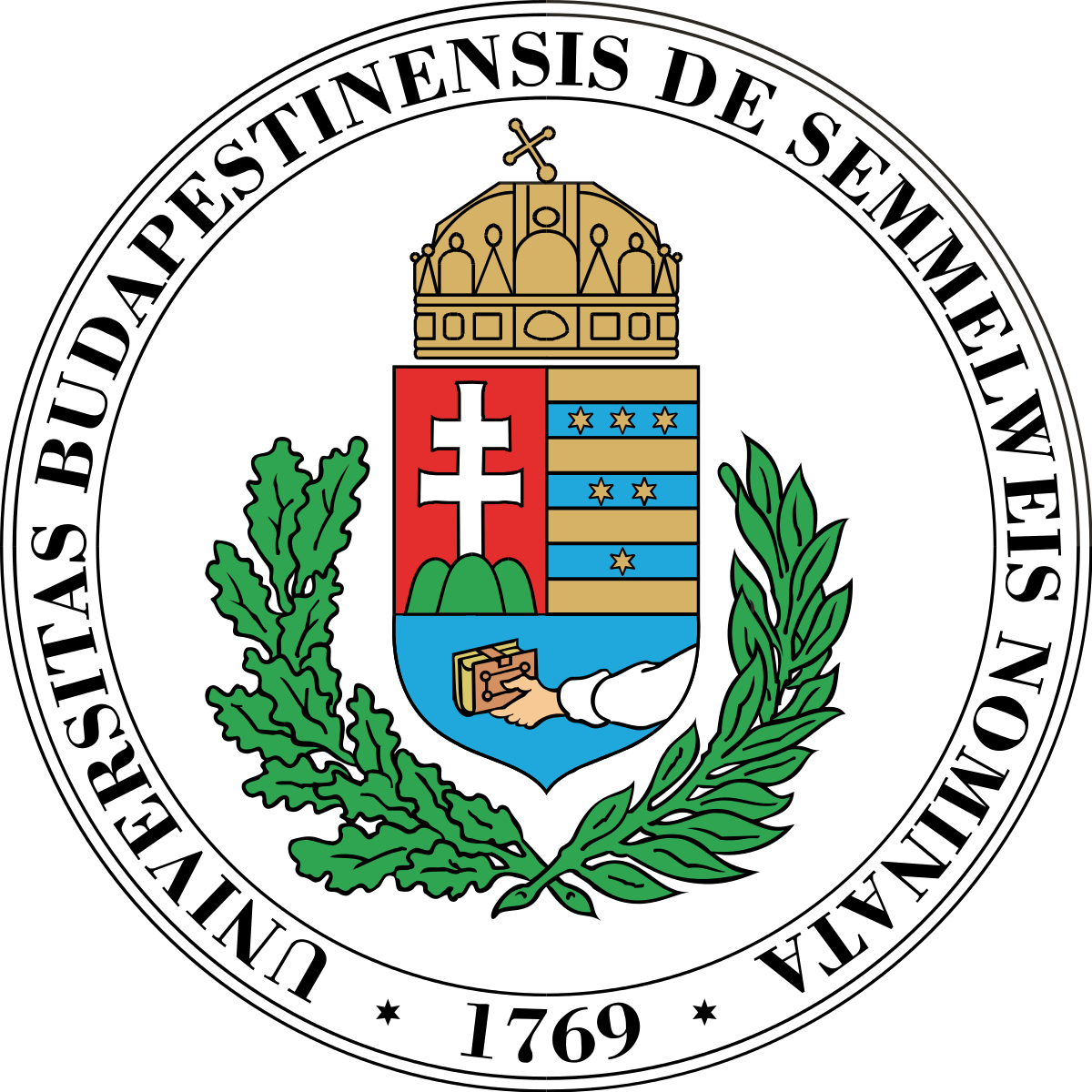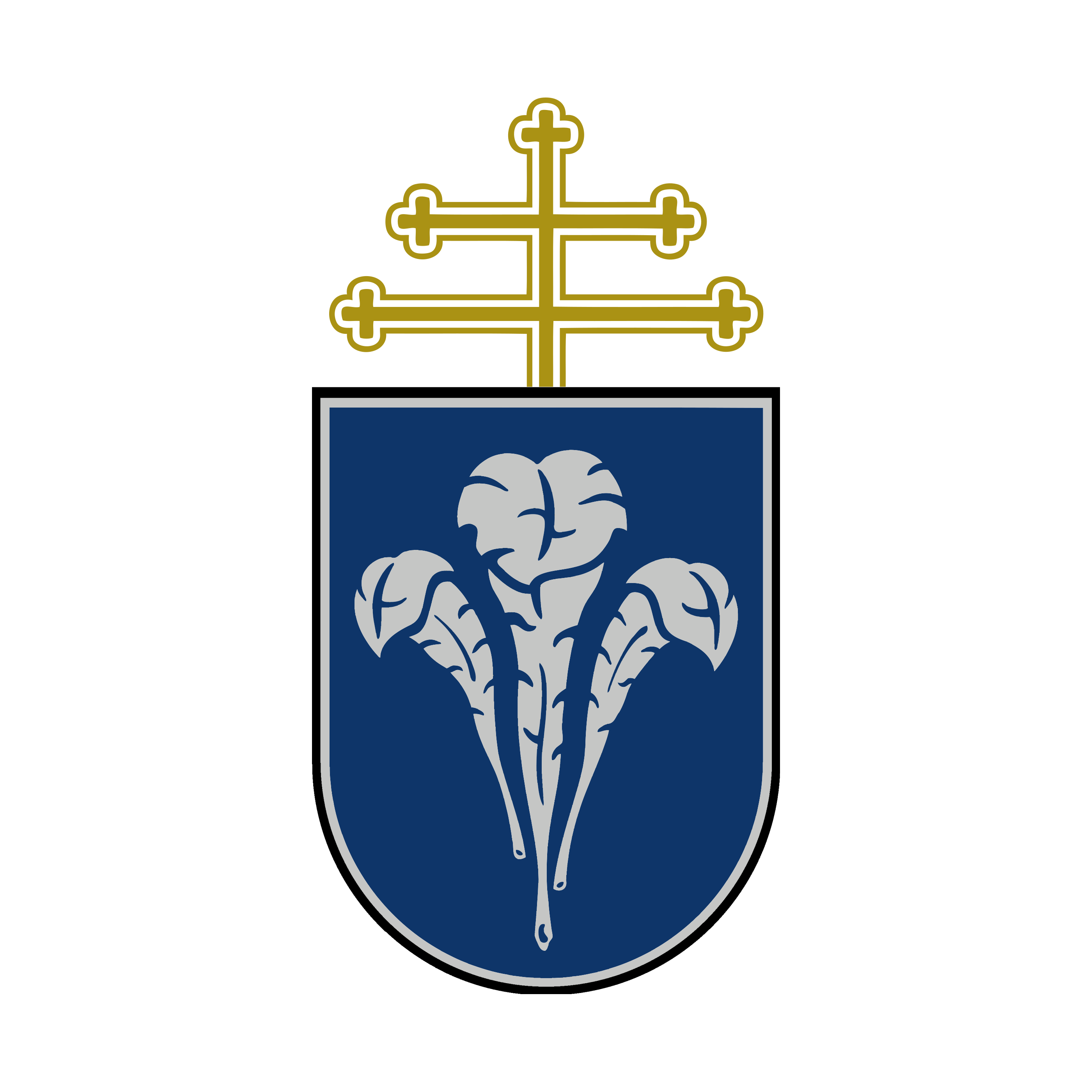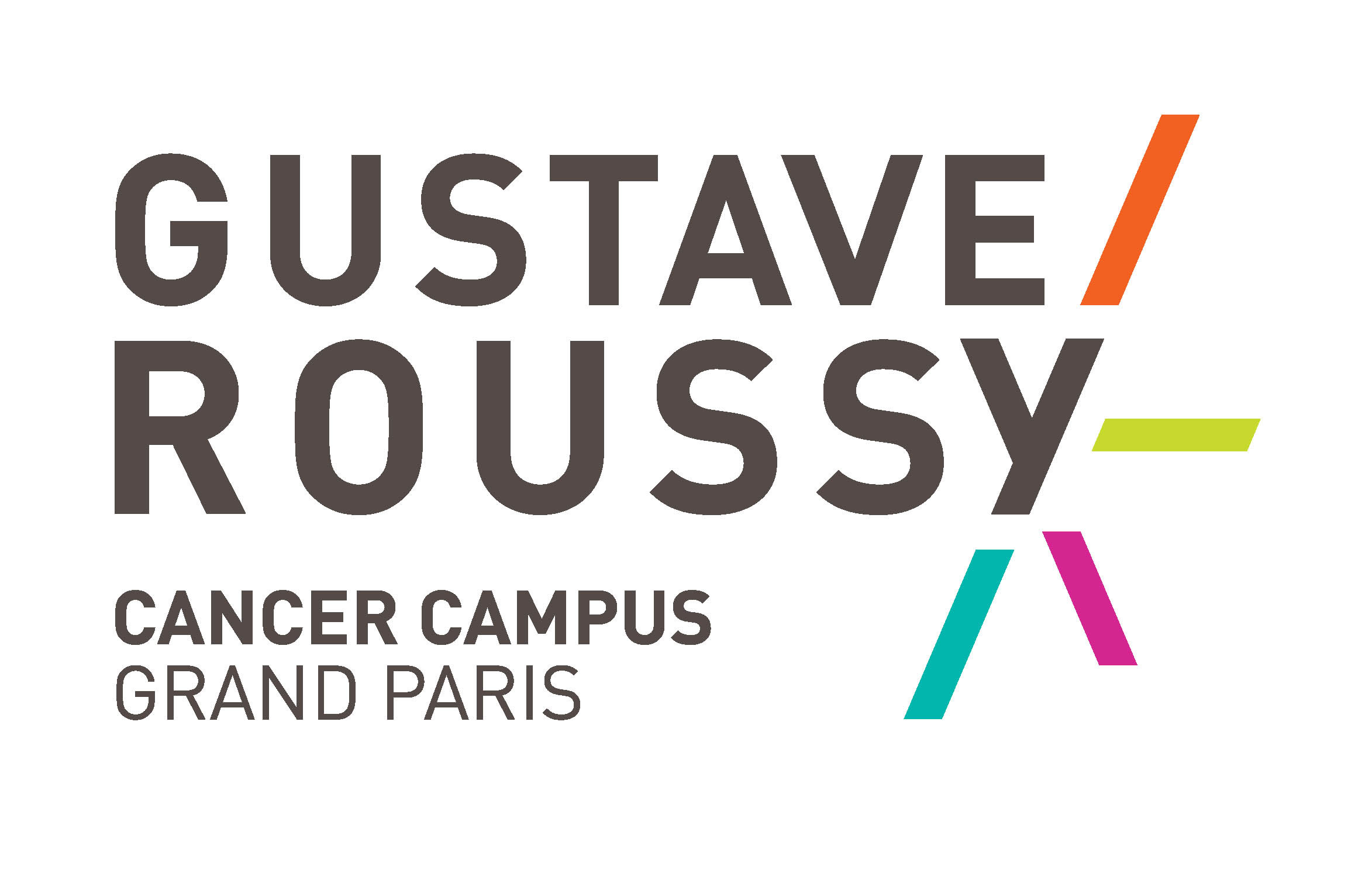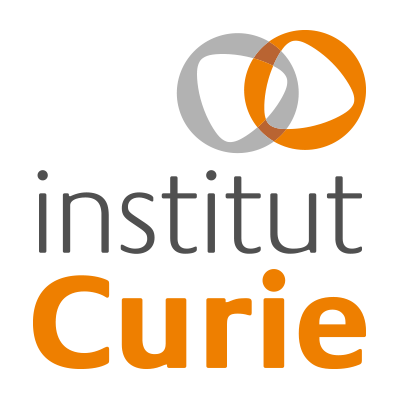
Knowledge base
Digital therapy planning - How does precision oncology decision support help treating oncologists?
It seems that cancer is not going to be cured by a “one fits all miracle drug”, rather there are already 1,400 different drugs in use to combat cancer. Of these, we could potentially find the one that is the most effective against the type of gene alterations the tumor harbour. The question is which one? Artificial intelligence is the most efficient solution to find the most effective drug. Oncompass Medicine has developed a proprietary software for this very same purpose.
The “solution of future” - how Forbes magazine describes Realtime Oncology Treatment Calculator®, a medical software that can select the best personalized treatment for cancer patients. Forbes’ prediction was not a coincidence. In 2019, at the ASCO breakthrough innovation conference held in Bangkok, the poster presented Calculator won an award about having the greatest clinical applications as an AI. Then at the end of 2019, the Calculator single headedly outsmart the competitors and won the “Get in the Ring! V4 (Visegradi countries) innovation-startup competition. The goal of the competition was to find ways to accelerate anticancer drug development. This is how Dr. István Peták, Chief Scientific Officer of Oncompass Medicine, explains the significance of AI and molecular diagnostics in cancer treatment: “We are developing ways and methods that are used to best select personalized targeted treatment options for cancer patients. For each patient we need to find the genetic defects that are contributing to the development of the tumor. Furthermore, we need to find out if there are any targeted treatments available for the detected genetic alteration(s) that could be effective. This approach is called “precision oncology” in cancer treatment.”
Molecular diagnostics shows the underlying cause
Cancer research started blooming when the entire human genome has been sequenced in 2003. By now we know that approximately 600 genes of the 25, 000 human genes are involved in cancer development. These 600 cancer genes could activate nearly 6 million mutations in the body. Since each tumor usually harbours 4-5 genetic defects on average, as opposed to just one, to be treated based on the underlying cause, these mutations need to be identified first by complex molecular diagnostic tests. Once these results are known you can choose from the currently available molecular matching targeted treatments. This is the fundamental basis for precision oncology.
Over the past decade, more than 120 new targeted anticancer drugs have been developed. The number of targeted drugs under development is much higher - these are mainly available in clinical trials. Therefore, currently a total of 1,400 drugs are available to combat cancer. To decide which treatment would be the most effective for a given patient, one would need to review all drug related experiences and scientific literature. It would be unreasonable to think that practicing oncologists would be able to accomplish this, but artificial intelligence would. This is the reason why Oncompass Medicine has developed the medical software that can support cancer treatment decisions.
Artificial Intelligence assigns, the doctor decides
First, we must identify the molecular abnormalities in the tumor. Second, with the help of this treatment decision support system, all anticancer drugs assigned based on the molecular profile can be assessed. If there are more than one potential targeted treatment options to choose from, the final decision of your pick could be made based on other factors, for instance, having less side effects. Third, this software shows whether a drug or therapy is registered or not. If not, it can tell whether it is available in a local or international clinical trial. Besides mutation specific drugs, whenever we talk about anticancer therapies, we cannot leave out immunotherapies. These treatments can turn on patients’ own immune response against abnormally dividing cells that was missed the first place due to some mistake. Molecular diagnostic tests can reveal the cause why immune response was lacking. Also, they can foresee how effective these immunotherapies might be. “There is a global need for integrating artificial intelligence into physicians’ treatment decisions - emphasizes Dr. István Peták. Of course, besides us, there are several other companies out there developing medical solutions, yet only a few focuses specifically on cancer treatment decision support or digital therapy planning. Oncompass Medicine has been paving the road for treating the actual cause of tumors for twenty years”


















